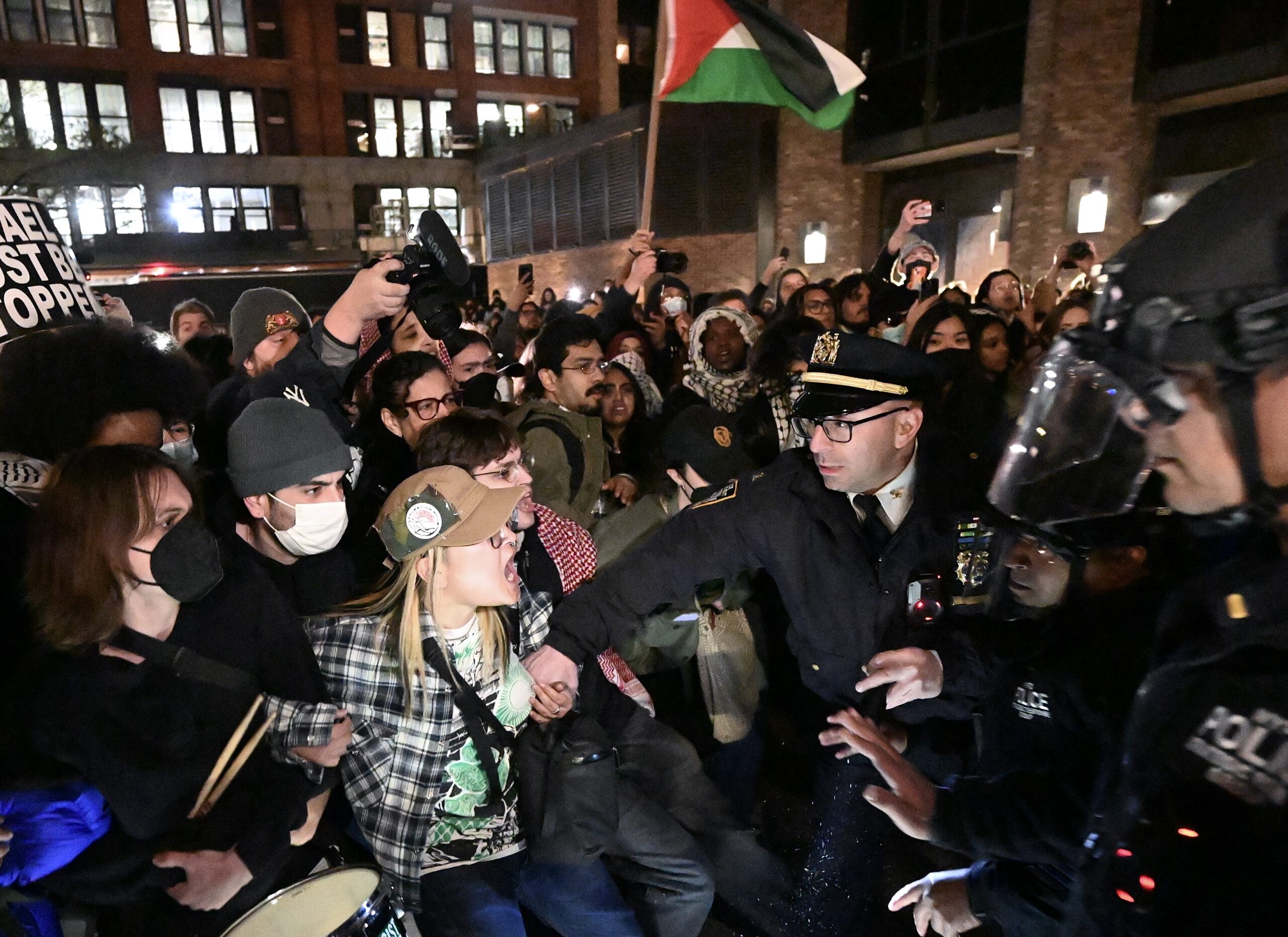
Students have always been at the forefront of struggles—from resisting feudalism to opposing colonialism, apartheid, Zionism, capitalism, and imperialism. From anti-war protests to movements against gender, racial, and sexual discrimination, students have served as the moral conscience of society. Civil rights movement is another chapter in the glorious history of student movements and their participation in social transformation. There is no example of a successful movement in history that did not involve student participation.
Student movements not only challenge the status quo and offer transformative alternatives, but they also play a vital role in defending liberal, secular, and constitutional democracies—now facing growing threats worldwide. Students have long been seen as persistent foes of the governing classes. Students continue to confront new forms of oppression in their everyday lives, witnessing and experiencing the injustices perpetuated by illiberal forces in society. By rekindling the revolutionary spirit rooted in the long living history of radical student activism based on progressive values, students persist in their struggle to achieve egalitarian justice.
Therefore, there are various forms of attacks on students, staff, and universities in Trump’s America, Starmer’s Britain, Modi’s India, Netanyahu’s Israel, and many other parts of the world. These attacks are not new. Ruling classes have always feared emancipatory knowledge; hence, they attempt to control curricula, campuses, and classrooms to create a sanitised educational system that aligns with the interests of both ruling and non-ruling elites, as well as their hegemonic capitalist and imperialist structures that govern people and the planet without challenge.
These forces aim to cultivate a compliant culture in which questioning authority is criminalised in the name of national interests. These national interests are not working-class interests but the interests of the capitalist classes. There is nothing novel about this assault on students, staff, universities, and other institutions of higher learning. From medieval feudal powers to modern capitalist and imperialist regimes, centers of learning have consistently been viewed as threats to hegemonic rule.
As a result, strategies such as privatisation, commercialisation, depoliticisation, and, ultimately, direct physical and financial assaults on students and academic institutions are employed to undermine social, economic, and political progress toward peace, prosperity, equality, justice, liberty, and fraternity. These strategies erode liberal and progressive values, undermine the processes of deepening of democracy and citizenship rights by militarising minds under the banners of nationalism, religion, and regionalism.
Despite the ruling classes’ various strategies and persistent efforts to undermine reason, science, and secular, liberal, and democratic values, students continue to uphold and celebrate these ideals. Student radicalism endures across generations, thriving within student communities as a force for resistance and renewal. Both ruling and non-ruling classes have failed to domesticate students and extinguish the progressive values that persist within student communities.
Therefore, governing classes worldwide today use security forces to control students and employ government policies and administrative processes to throttle the independence of universities and other institutions of higher learning. The present condition and future trajectories of students are intrinsically linked to the future of our society. Therefore, all democratic, liberal, and progressive forces must stand in solidarity with students who are currently facing the onslaught of ruling classes across the globe.
As the ruling classes have shaped the nature and character of educational systems and processes based on a politics of control and dominance—aimed at producing a compliant culture and workforce to uphold their own interests—it becomes imperative for students and staff of universities and institutions of higher learning to define their own politics of knowledge production and dissemination. This effort should aim to promote a culture of resistance to all forms of oppressive power, ensuring that democracy survives in a society where human liberty and dignity are non-negotiable.
Diverse, democratic, decolonial, and radical knowledge traditions—rooted in science, reason, and secularism—are essential for guiding the production and dissemination of knowledge that not only emancipates people from poverty but also transforms the exploitative conditions that give rise to poverty and other forms of marginalisation. Let curricula, classrooms, and campuses become sites of struggle for democracy, peace, and egalitarian prosperity. History is only the witness but also documents to celebrate the victories of student movements and sacrifice of students in all its glorious pages.
